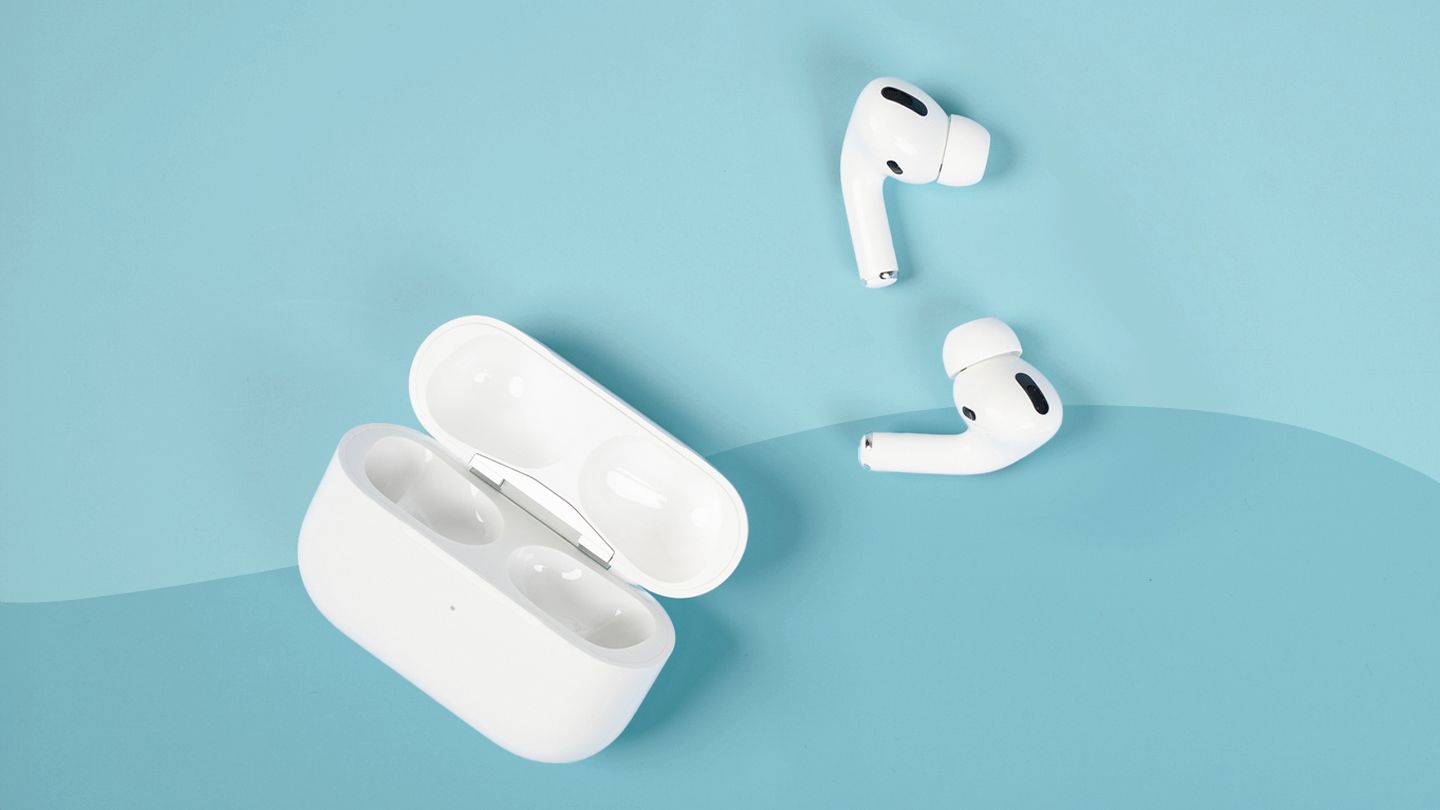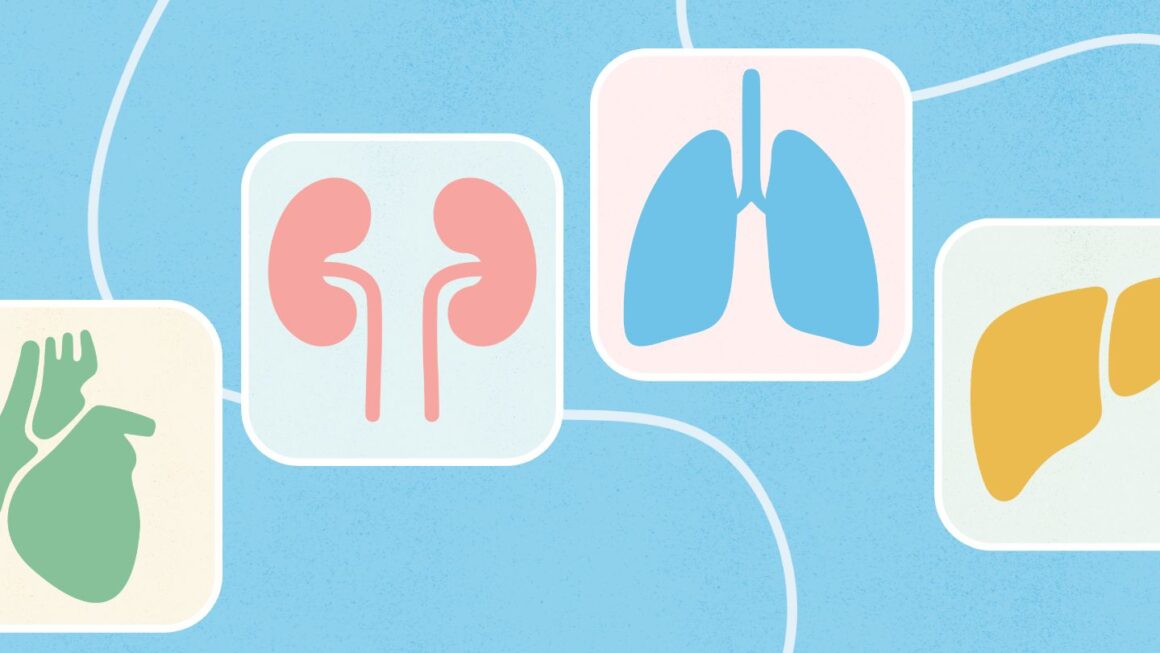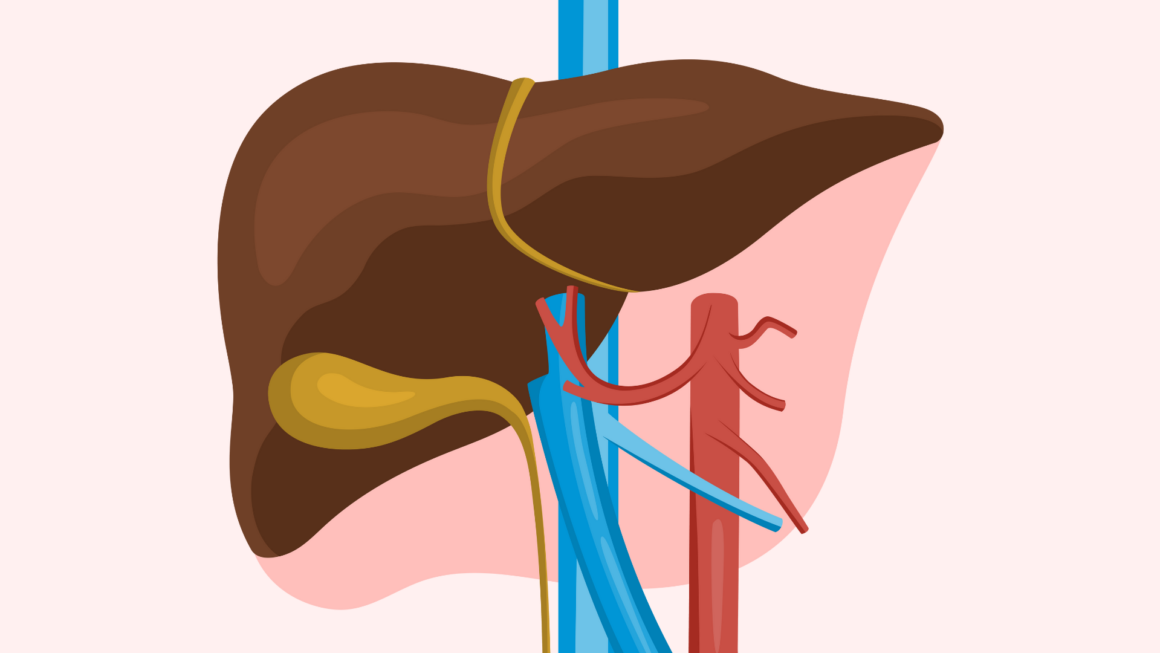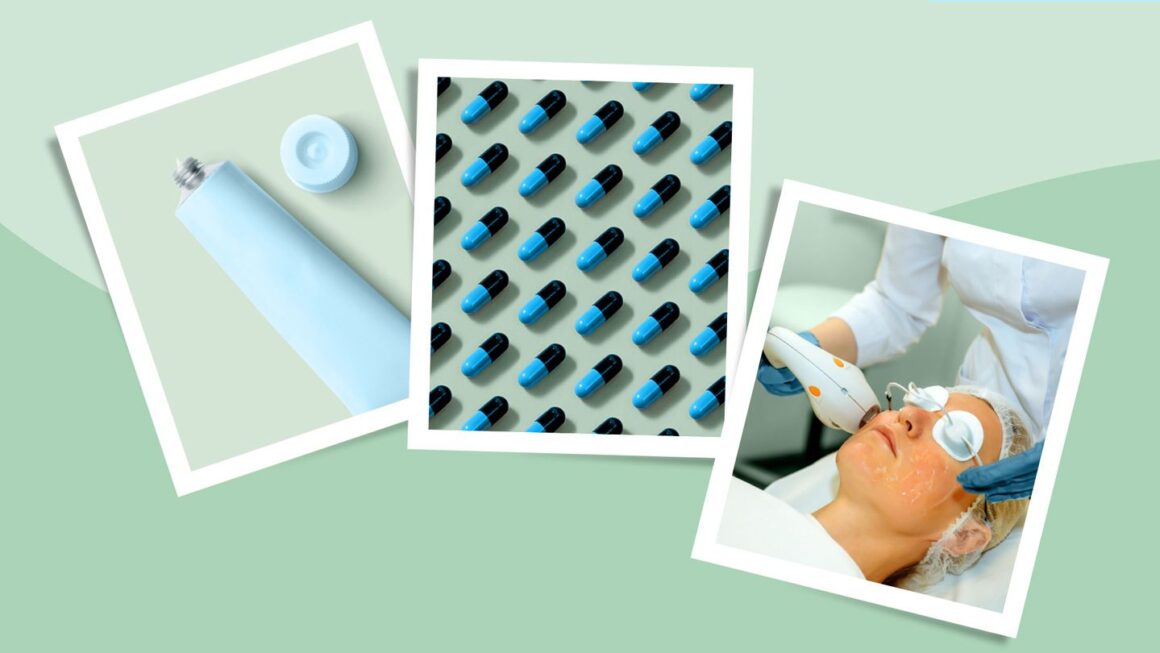Some people with hearing loss may soon be able to use the new Apple AirPods Pro 2 earbuds as over-the-counter hearing aids.
“Hearing loss is a significant public health issue impacting millions of Americans,” Michelle Tarver, MD, PhD, acting director of the FDA’s Center for Devices and Radiological Health, said in an FDA statement. “Authorization of an over-the-counter hearing aid software on a widely used consumer audio product is another step that advances the availability, accessibility, and acceptability of hearing support for adults with perceived mild to moderate hearing loss.”
More than 30 million American adults report some degree of hearing loss, according to the FDA. It’s most often caused by factors such as aging, exposure to loud noises, or certain medical conditions.
Left untreated, hearing loss can contribute to challenges with communication, relationships, mental health, and the ability to perform well at school or work. Hearing aid use has been linked to a reduced risk of developing or experiencing severe symptoms from a variety of medical conditions that can be exacerbated by poor hearing, such as depression and cognitive decline.
Most Americans With Hearing Loss Don’t Use Hearing Aids
Less than one-third of Americans with hearing loss who could benefit from hearing aids actually get these devices — a statistic that AirPods may change, says Jennifer Derebery, MD, an otologist and chief research officer at the House Institute Foundation in Los Angeles, a nonprofit focused on hearing research and education.
“I think it’s a very positive thing,” Dr. Derebery says. “Apple AirPods are ubiquitous and aren’t thought of as hearing aids, so anyone using them to treat hearing loss would be indistinguishable from anyone else who uses them for recreation.”
Stigma can prevent many people from using hearing aids. But they might be willing to use AirPods since the earbuds don’t look like a hearing aid, Derebery says.
AirPods may be both more convenient and more affordable than prescription hearing aids, Derebery notes. For one thing, many people may already be familiar with the Bluetooth technology used to pair AirPods to an iPhone or iPad. AirPods Pro 2 retail for $249 — far less than the $2,000 to $4,000 price tag for prescription hearing aids, Derebery says.
AirPods aren’t a fix for everyone: Individuals with severe hearing loss won’t get enough sound amplification from the earbuds, Derebery says.
People who can’t hear well once they try using AirPods as hearing aids should be evaluated by a medical professional to see if they would benefit from prescription hearing aids, Derebery adds.
How to Determine if You Have Hearing Loss
But Derebery says there are warning signs that indicate you should forgo a do-it-yourself test and see a doctor or an audiologist to get your hearing checked out.
These include:
- Hearing in one ear is significantly worse than the other
- Tinnitus, or ringing in the ear, is much louder in one ear than the other
- You experience frequent ear infections or chronic ear drainage
- Your hearing is getting progressively worse
- Your hearing ability varies in the same listening situation
“There is a concern that when a patient self-treats, serious symptoms like these may not be brought to a specialist’s attention,” Derebery says.
AirPods Have a Shorter Battery Life Compared With Prescription Hearing Aids
Two other downsides are also worth considering when you use AirPods as hearing aids, Derebery adds. One is that these earbuds typically aren’t as comfortable for all-day wear as properly fitted prescription hearing aids. The other is that AirPods tend to have a battery life of six hours or so, compared with 3 to 20 days of battery life for prescription hearing aids, Derebery says.
But none of these problems should dissuade anyone who has previously eschewed hearing aids from giving AirPods a try, Derebery says.
“People of all ages wear AirPods, so the benefit of wearing them as hearing aids is that it doesn’t automatically scream out ‘I’m old and can’t hear,’ which is the excuse I hear most frequently as to why an individual who needs hearing aids won’t get them,” Derebery says. “The AirPods Pro use will be a large step in the direction of making hearing aids or getting help for hearing loss less stigmatized.”













